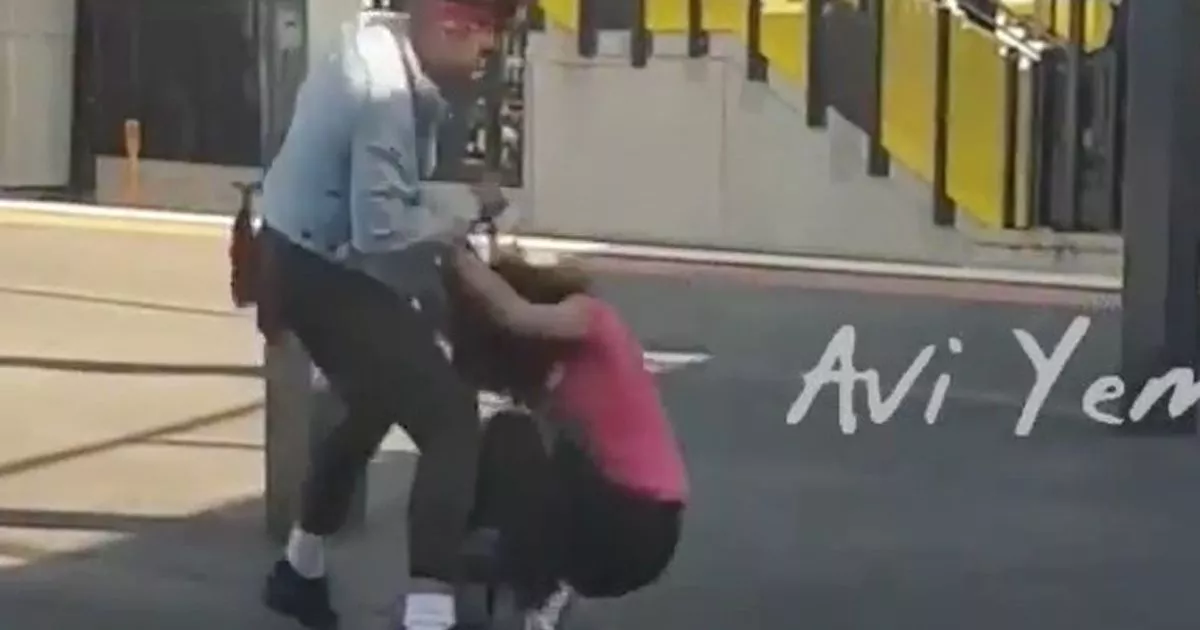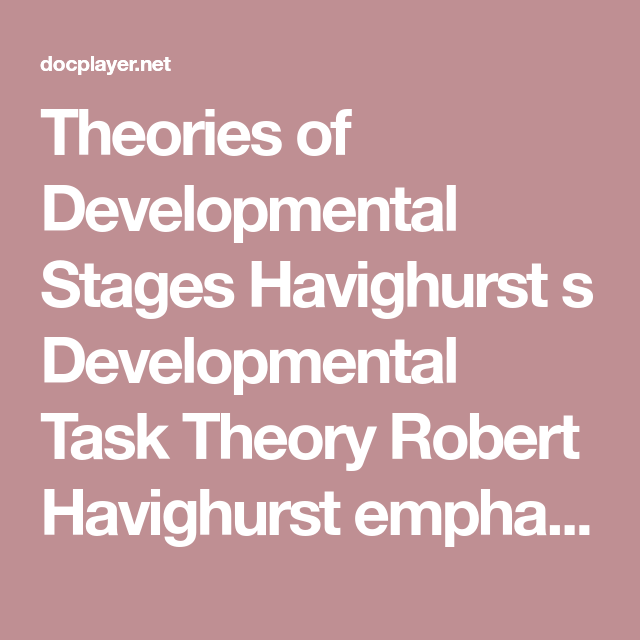Brutal Racist Killing: A Family's Struggle For Healing And Accountability

Table of Contents
H2: The Devastating Impact of the Brutal Racist Killing
H3: Emotional Trauma and Grief
The immediate aftermath of a brutal racist killing is catastrophic. The victim's family is plunged into a maelstrom of grief, trauma, and unimaginable loss. The emotional consequences are profound and long-lasting. The sudden, violent nature of the crime, compounded by the hateful ideology driving it, inflicts deep psychological wounds.
- PTSD symptoms: Many family members experience post-traumatic stress disorder (PTSD), characterized by flashbacks, nightmares, and hypervigilance.
- Difficulty functioning: Daily life becomes incredibly challenging. Simple tasks become overwhelming, leading to difficulties in work, relationships, and self-care.
- Strained relationships: The immense stress can severely strain existing relationships within the family, exacerbating existing tensions or creating new conflicts.
- Financial hardship: Medical bills, legal fees, and lost income can create significant financial burdens, adding to the already immense emotional strain.
Experts in trauma and grief counseling emphasize the unique challenges posed by hate crimes. The knowledge that the loved one was targeted because of their race adds another layer of pain and fuels feelings of anger, betrayal, and injustice.
H3: Social and Community Response
The community's response to a brutal racist killing is a critical factor in the family's healing process. While some communities rally around the grieving family, offering support and solidarity, others may remain silent or even express hostility.
- Community support networks: Supportive communities organize fundraising efforts, vigils, and memorials to honor the victim and stand in solidarity with the family.
- Media coverage: Media plays a significant role, both in amplifying the story and shaping public perception. Responsible reporting is vital to avoid retraumatizing the family and promoting harmful stereotypes.
- Political activism: Hate crimes often spark broader conversations about systemic racism and the need for policy changes to prevent future tragedies. This can lead to increased political activism and legislative initiatives.
- Social Media Amplification: Social media platforms can be powerful tools for raising awareness, organizing protests, and mobilizing support for the family and the cause of racial justice.
H2: The Legal Battle for Justice and Accountability
H3: Challenges in Prosecuting Hate Crimes
Prosecuting hate crimes presents unique challenges for law enforcement and the justice system. Proving that a crime was motivated by hate requires demonstrating a nexus between the perpetrator's bias and the act of violence.
- Legal definitions of hate crimes: The legal definitions of hate crimes vary, and establishing the necessary evidence can be complex.
- Evidentiary challenges: Gathering sufficient evidence to prove hate as a motive can be difficult, particularly if there are no direct statements from the perpetrator.
- Prosecutorial decisions: Prosecutors must carefully weigh the evidence and consider the likelihood of a successful conviction before deciding to pursue hate crime charges.
- Sentencing disparities: Even when hate crime charges are filed, sentencing disparities exist, reflecting systemic biases within the justice system.
H3: The Pursuit of Justice and Systemic Change
The family's fight for justice extends beyond the criminal trial. It often involves a long and arduous legal battle, potentially including civil lawsuits to seek financial compensation and address the systemic issues that contributed to the crime.
- Legal representation: Access to competent legal representation is crucial for navigating the complexities of the legal system and ensuring a fair outcome.
- Court proceedings: Court proceedings can be emotionally draining for the family, requiring them to relive the trauma through testimony and cross-examination.
- Media advocacy: The family may engage in media advocacy to share their story, raise awareness, and put pressure on the authorities to bring the perpetrators to justice.
- Legislative initiatives: Families often advocate for legislative changes to strengthen hate crime laws, improve law enforcement training, and address systemic racism.
H2: The Family's Journey Towards Healing and Recovery
H3: Coping Mechanisms and Support Systems
Healing from such a traumatic experience requires time, support, and access to appropriate resources. The family's journey towards recovery involves employing various coping mechanisms and leveraging available support systems.
- Therapy: Trauma-informed therapy is essential to help family members process their grief, trauma, and anger.
- Grief counseling: Specialized grief counseling can help the family navigate the unique challenges of losing a loved one to a hate crime.
- Support groups: Connecting with others who have experienced similar losses can provide a sense of community and shared understanding.
- Spiritual practices: Many find solace and strength in their faith or spiritual practices.
- Memorialization: Creating memorials or establishing foundations in the victim's name can be a powerful way to honor their memory and promote healing.
H3: Advocacy and Legacy
For many families, the pursuit of justice and healing transitions into advocacy for broader social change. Their efforts to raise awareness about racial injustice and hate crimes create a lasting legacy for the victim and inspire others.
- Public speaking engagements: Sharing their story publicly can raise awareness and encourage others to speak out against hate.
- Charity work: Establishing charities or supporting existing organizations dedicated to fighting racial injustice can provide a sense of purpose and positive action.
- Educational initiatives: Working with schools and communities to educate others about hate crimes and promote tolerance can have a far-reaching impact.
- Policy advocacy: Continuing to push for policy changes to prevent future hate crimes is a crucial aspect of their advocacy work.
3. Conclusion
This article highlighted the devastating consequences of a brutal racist killing, focusing on the family's struggle for healing and their relentless pursuit of accountability. We examined the emotional toll, legal battles, and the ongoing fight for justice, emphasizing the importance of addressing systemic racism to prevent future tragedies. The family's journey demonstrates immense resilience and underscores the crucial need for continued advocacy. Their strength in the face of unimaginable loss serves as a powerful testament to the human spirit and the unwavering fight for justice.
Call to Action: Understanding the devastating impact of brutal racist killings is vital. Let’s continue to fight for justice, demand accountability for perpetrators, and work towards creating a society where such acts of hate are eradicated. Learn more about combating hate crimes and supporting victims of racial violence. Join the movement for racial justice. #BrutalRacistKilling #RacialJustice #HateCrime

Featured Posts
-
 La Fire Aftermath Landlord Price Gouging Concerns Raised By Reality Tv Star
May 10, 2025
La Fire Aftermath Landlord Price Gouging Concerns Raised By Reality Tv Star
May 10, 2025 -
 100 Days Of Trump Analyzing The Effects On Elon Musks Fortune
May 10, 2025
100 Days Of Trump Analyzing The Effects On Elon Musks Fortune
May 10, 2025 -
 Vegas Golden Nayts Overtaym Triumf Nad Minnesotoy V Pley Off
May 10, 2025
Vegas Golden Nayts Overtaym Triumf Nad Minnesotoy V Pley Off
May 10, 2025 -
 Four New Theories On Randall Flagg That Redefine Your Understanding Of Stephen Kings Work
May 10, 2025
Four New Theories On Randall Flagg That Redefine Your Understanding Of Stephen Kings Work
May 10, 2025 -
 Ftc Probe Into Open Ai Implications For The Future Of Ai Development
May 10, 2025
Ftc Probe Into Open Ai Implications For The Future Of Ai Development
May 10, 2025
